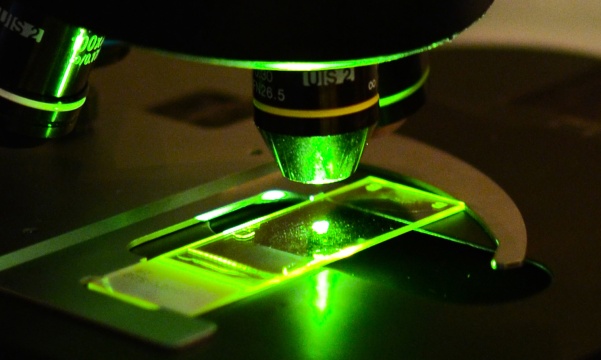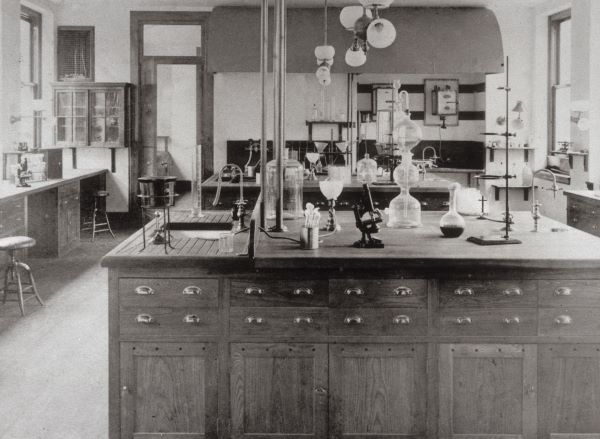About
The Pathology Service at Mass General is an international leader in diagnosis and discovery.

Advancing Diagnosis Through Discovery
The Massachusetts General Hospital Pathology Service, a comprehensive academic pathology department, delivers subspecialty clinical services, hosts robust training and education programs, and performs cutting-edge research.
Our clinical laboratory services provide clinicians with information that enables patient diagnosis and treatment. We play a vital role in caring for almost all patients at Mass General, and many pathologists outside of our hospital also use our services.
The First Subspecialized Pathology Service

Founded in 1896, our department was one of the first of its kind in the United States. One hundred years later, we became the world's first completely subspecialized pathology service. Each organ system has a dedicated pathology team of specialists, who work with their clinical counterparts to improve patient care, teaching and research productivity.
Pathologist-in-Chief David N. Louis, MD, an authority on the molecular genetics and pathology of nervous-system tumors, leads a team of nearly 100 faculty, 800 employees and 50 residents and clinical fellows. Our annual budget exceeds $125 million, and each year we perform approximately:
- 13 million clinical laboratory tests
- 87,000 surgical specimens
- 42,000 cytopathology specimens
- 35,000 red-cell transfusions
A Shared Mission
The Pathology Service is organized into six divisions. Anatomic and Molecular Pathology, Laboratory and Molecular Medicine, the Center for Integrated Diagnostics, Informatics, Education and Research.
- The two primary Clinical Services divisions (Anatomic and Molecular Pathology; Laboratory and Molecular Medicine) provide clinical and anatomic pathology services around the clock, every day of the year. Our physicians, technologists, administrators and other staff strive to make accurate diagnoses, which we communicate to treating physicians effectively and efficiently
- The Center for Integrated Diagnostics provides an integrated platform to drive innovation in molecular diagnostics through close interactions with other departments and diagnostic laboratories, through technology development and adoption, and through translational research in novel diagnostics
- The Education division oversees and coordinates a variety of highly competitive training programs. Outstanding residents and fellows are prepared for leadership positions in academic pathology, ranging from academic clinicians to basic scientists
- The Research division explores the diagnosis and pathogenesis of disease, with a focus on cancer-related fields. In recent years, this division has enjoyed significant increases in research faculty, grant funding, research space, Harvard graduate students, scientific publications and nationwide recognition
- The Informatics division drives the work of all divisions through its service arm, fellowship program, and faculty members. Major areas of interest include bioinformatics and computational biology, clinical informatics, and digital pathology, including the application of AI to all of these areas
The field of pathology is in an era of exhilarating growth. The Pathology Service is committed to being part of this revolution in personalized medical care, which will lead to earlier diagnosis, more precise prognosis, and tailored therapy.
Founded in 1896 our department was one of the first of its kind in the U.S.
One hundred years later, we became the world's first completely subspecialized pathology service.
Today’s MGH Pathology Service builds on more than 120 years of experience.
We have more than 850 faculty/trainees and employees supporting our mission
24 hours per day, 365 days per year
